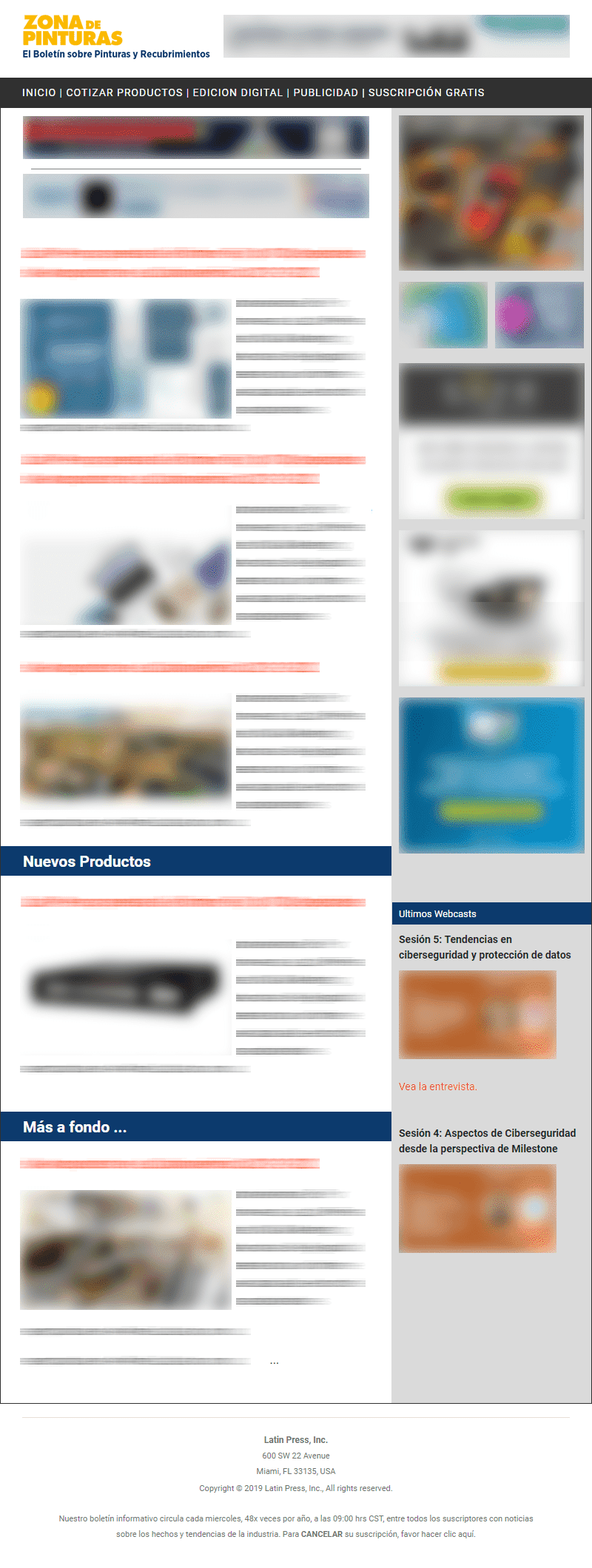A recent controversy was created among some people linked to the paints and coatings sector regarding VOC emissions in water-based paints and their real contribution to the environment.
The issue goes through several looks: before the bulk of the population, the promotion that has been made of this type of paints suggests that they do not have emissions of Volatile Organic Compounds, which is not entirely true. It is clear that a product formulated based on solvents has higher VOC emissions than one formulated with water, since the number of solvents and plastic parts in the coating is lower in the second case. But that doesn't indicate that emissions have completely disappeared.
To clarify the matter a little, I will tell you about a case I studied recently, in which a multinational company analyzed the differences between its line of automotive paint (for original painting) formulated in Spain. The most relevant thing that was found in the comparison is that the coating formulated based on organic solvents had between 37 and 70 grams of volatile organic compounds per square meter, compared to the 4 - 10 g / m2 that the water line registered.
Similarly, while the solvent-based paint had 76% organic solvents in its composition, in the water-based paint that same partipation fell to 12%, with 63% water in the formula.
Major car brands have already implemented water-based paint systems in several of their vehicle lines with a successful result. However, on the issue of repainting, especially in Latin America, we are still very "raw".
Several applicators have told me that their main fear lies in the durability of the coatings and the appearance. I have told them, backed up by the information we have consulted and published in INPRA LATINA, that the improvement of this technology is increasing and its results are similar and sometimes even better.
The issue goes through a matter of practicality, cost savings and environmental awareness. We know that legislation in the world is directed towards the regulation of these emissions and no formulator or applicator, including you, can stay out of the trends in the industry.
Vanesa Restrepo
Subeditora
























Leave your comment